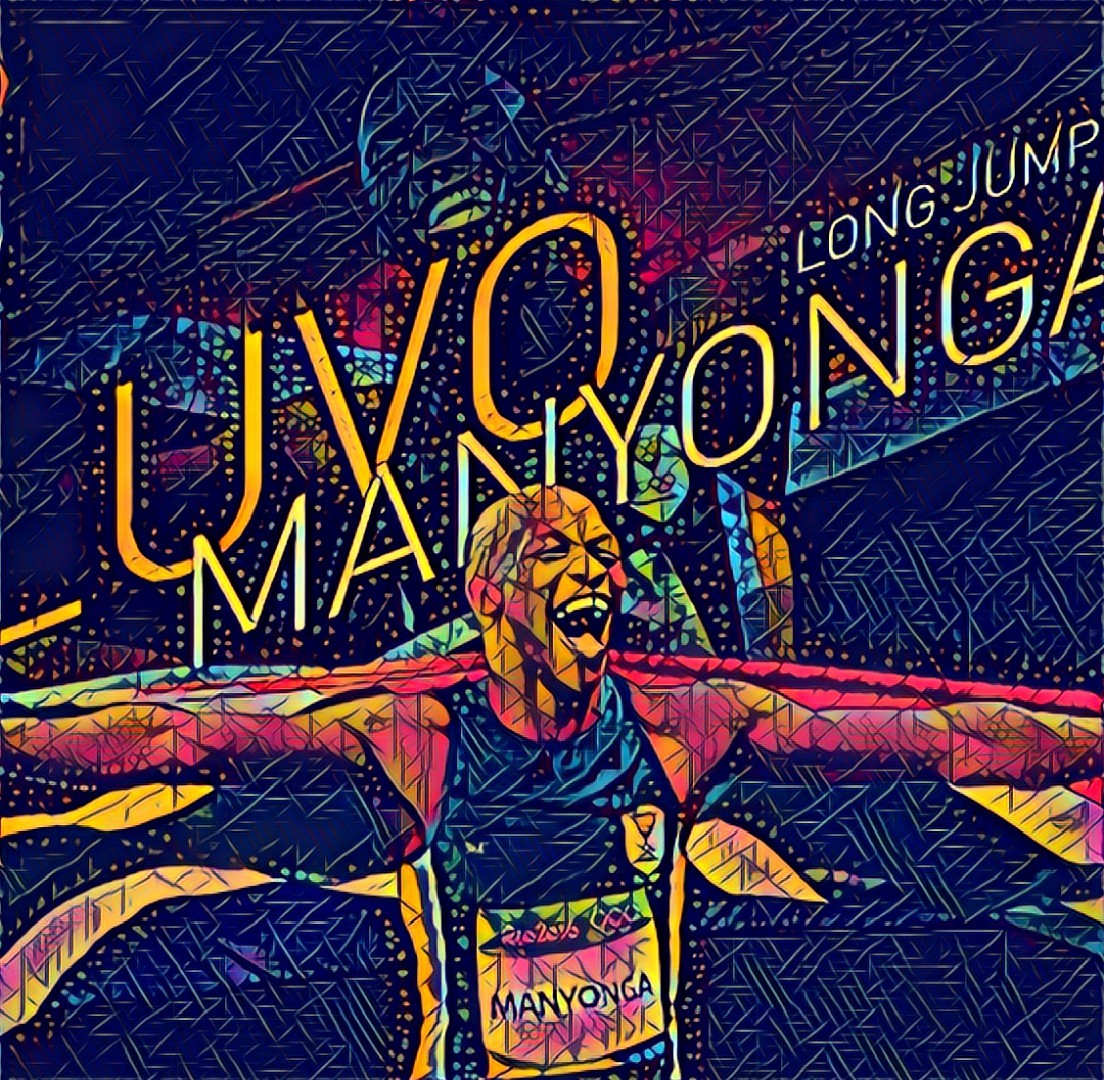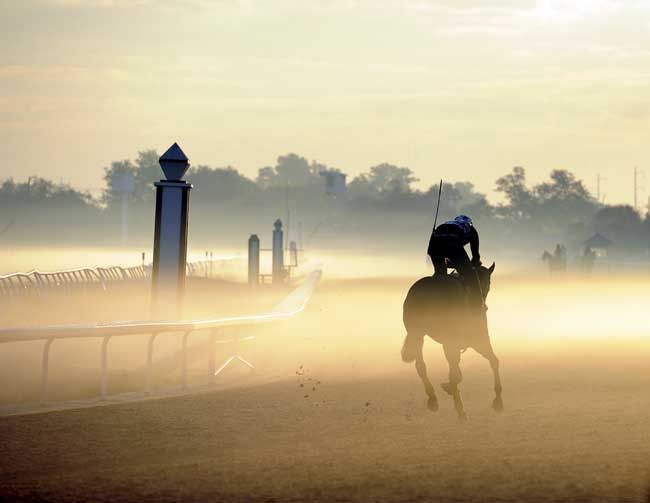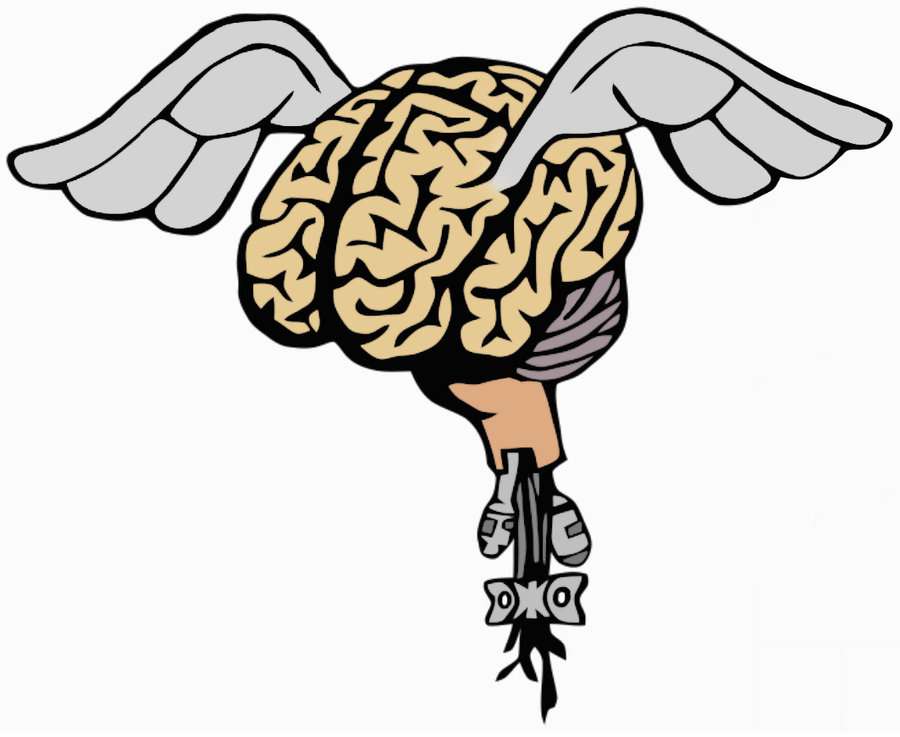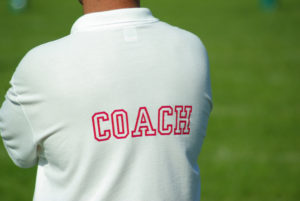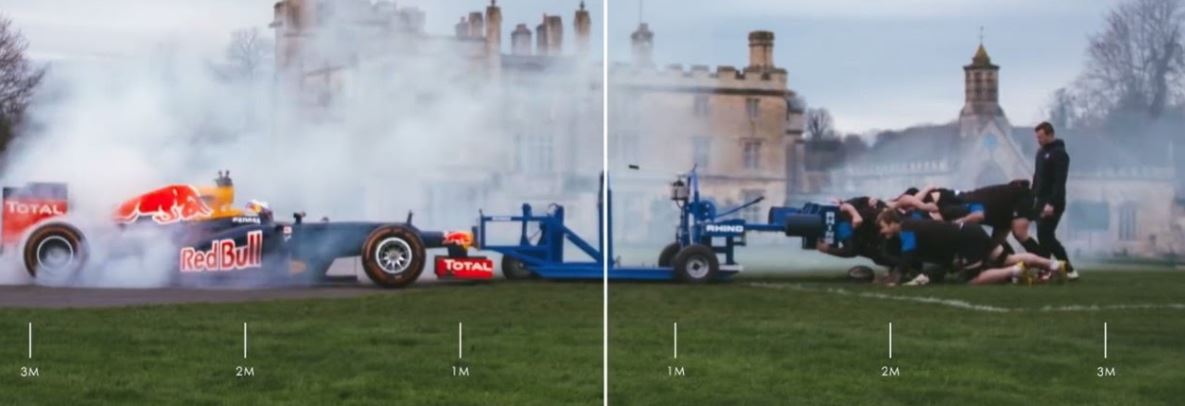Anyone who has been to Potchefstroom will tell you that very little goes on in the North West town.
It’s quiet and dull, the sort of place you’d want to retire to, or perhaps spend an afternoon fishing on the banks of the Mooi River.
But in April, something special happened in Potchefstroom. South Africa’s best athletes, led in the main by Wayde van Niekerk, engineered a social media campaign to fill up the local stadium, venue for the national championship.
People poured in as Van Niekerk, Akani Simbine and others brought their glory games to the local track. It was Luvo Manyonga, the sometimes wayward athlete, who produced the greatest single moment by a sportsman on local soil in 2017 by leaping 8,65m for a new national record.
It put the lid on a memorable weekend. Manyonga was the best of them and would go on to win gold at the world championship in London, alongside Caster Semenya and Van Niekerk.
If these triumphs represented the peaks of 2017, the troughs came two months apart when, first, Joost van der Westhuizen, succumbed to the devastating illness that had torn away at his muscle. Then, in April, charismatic boxing trainer Nick Durandt was killed in a motorbike accident.
Adding to the wretched theme, the sorry mess of Durban’s Commonwealth Games bid hit its nadir when the city lost its hosting rights amid much acrimony. Not many tears were shed.
TThere were few highlights in a largely miserable rugby year
There were few highlights in a largely miserable rugby year, but the spectacular pass by the Stormers’ Dillyn Leyds to SP Marais against the Chiefs went viral. It was a moment that allowed us to wonder at the possibilities of locals playing with greater freedom, but it was a false, deadening dawn.
https://www.youtube.com/watch?v=MeKx_5N19kk
The Springboks never kicked on, the 57-0 humiliation by the All Blacks confirming a sad, sorry trajectory brightened a little by Malcolm Marx’s heroic performance in an epic 25-24 reverse to the same opponents later.
At least none were bitten by a lion, the fate suffered by Welsh player Scott Baldwin who came close to losing his hand at Bloemfontein zoo after foolishly petting the animal.
The zeitgeist went from bad to worse when heavily fancied South Africa lost out to France for the 2023 World Cup. The bitterness still lingers.
Fortunately, there were the Blitzboks, who refused to be swept up by the sense of gloom and won the World Series in May.
It wasn’t popular in Durban, but we also saw the Kings defeat the Sharks, a staggering result given the primacy of the Sharks and the hand-to-mouth existence of the Kings, the little team that could. Neutrals, encouraged by the possibility of an upset, cheered heartily.
There were no neutrals as far as Gift Ngoepe was concerned; the country applauded as he became the first African to play Major League Baseball, for the Pittsburgh Pirates. He might have been alone and far away, but he’d have felt the collective pride from back home as he emerged from the dugout to play second base.
SA golfers have been succeeding overseas for years and in 2017 it was the turn of Branden Grace, his 62 in the third round at The Open the lowest score in major history. To think of the names that have come before and all the great single rounds is to give sustenance to the rarity of the feat.
The Global T20 vanished before it had even begun, but at least we got to see Maritzburg College old boy David Miller claim the fastest T20 century against Bangladesh, skinning them alive to score 101 off 36 balls.
If you thought Seabelo Senatla was quick, he had nothing on WBO bantamweight champion Zolani Tete, who last month obliterated Siboniso Gonya in 11 seconds, a world record.
If it was a generally forgettable year for local sport, Bruce Fordyce typically offered up dark humour after being mugged on a training run: “They took my takkies, which were old and smelled of cheese.”
But the line of the year undoubtedly belonged to one-time Bulls boykie Derick Hougaard, who tweeted “Seeing the images of @TigerWoods Just leaves me with a heart of sympathy. I have been there. And n dark place to get out. Dick deep champ.”
Yes, quite. – © Sunday Tribune

